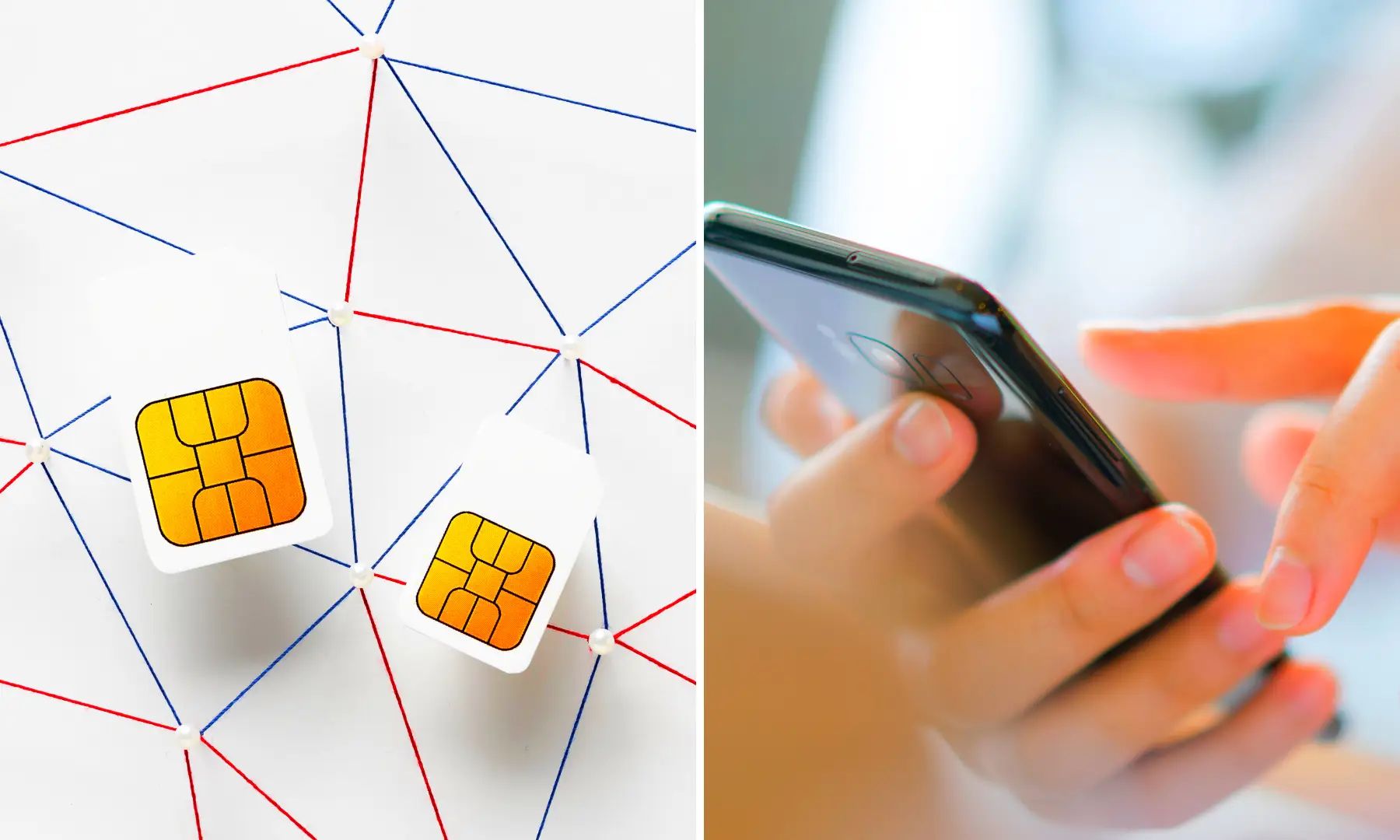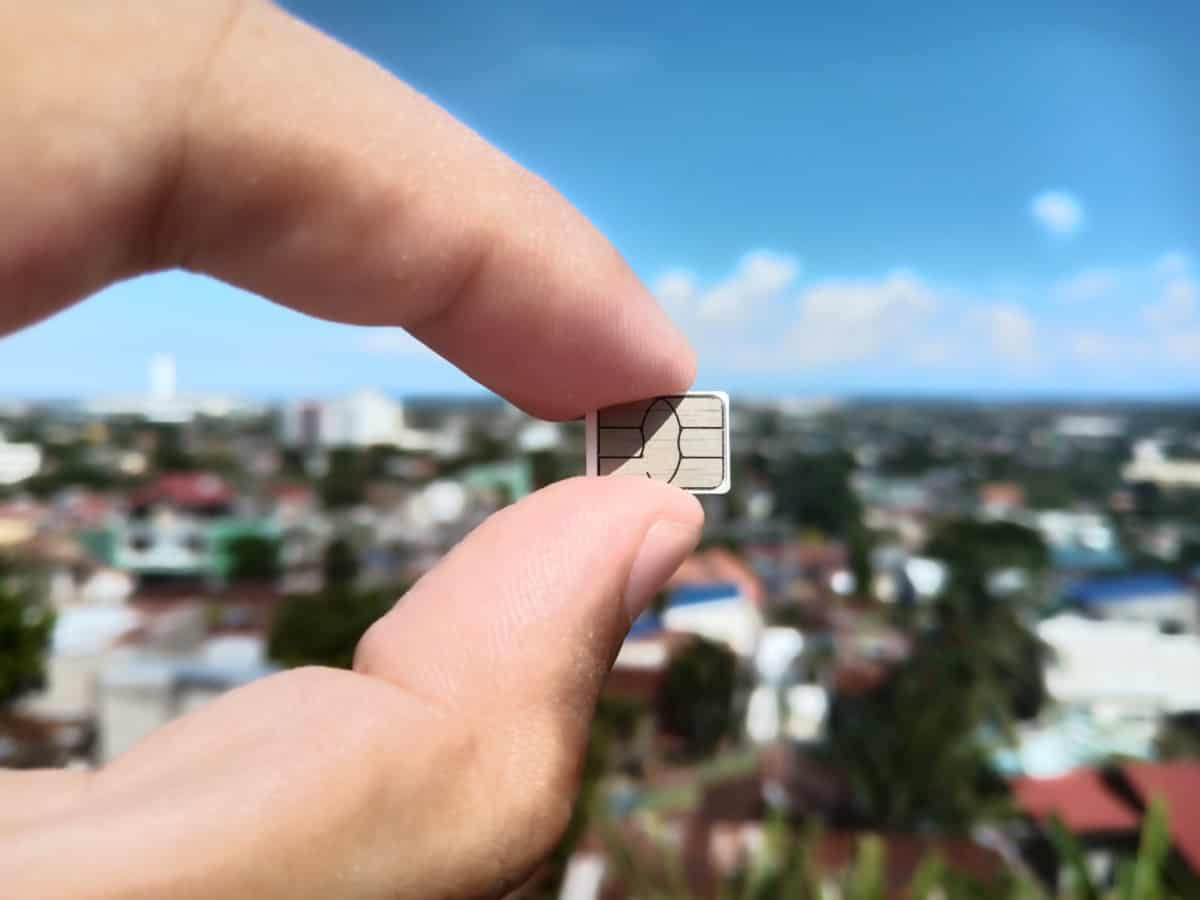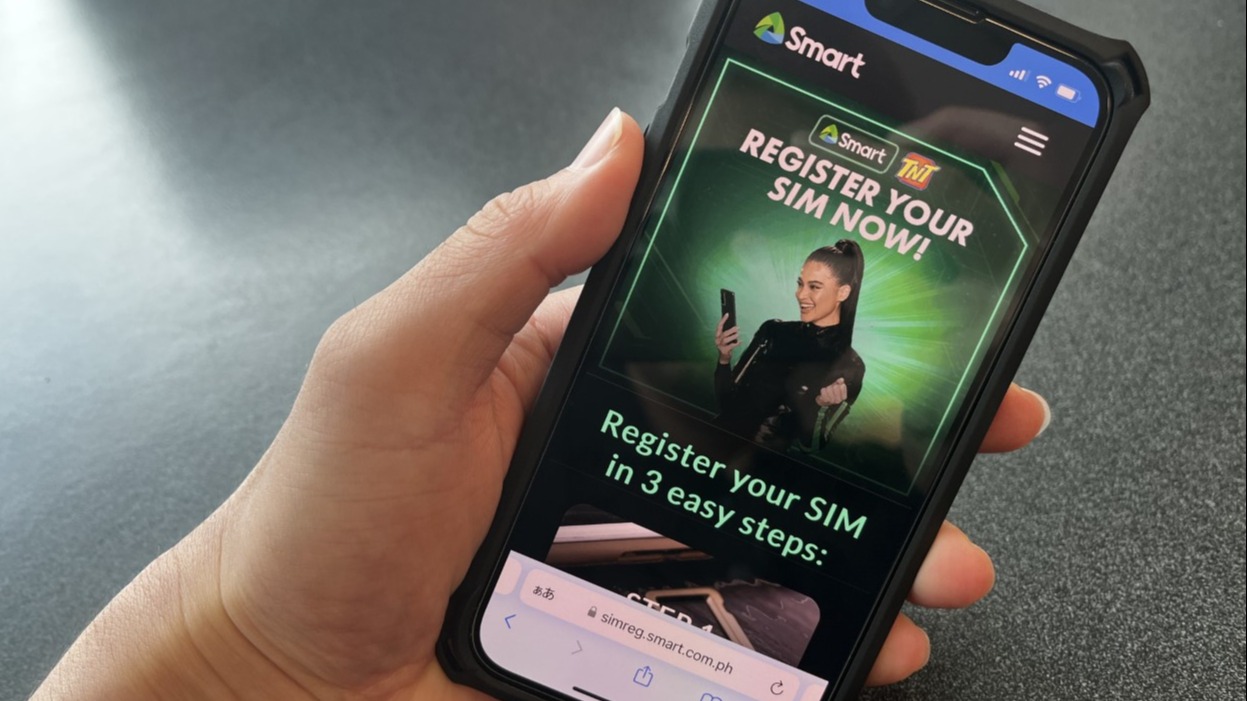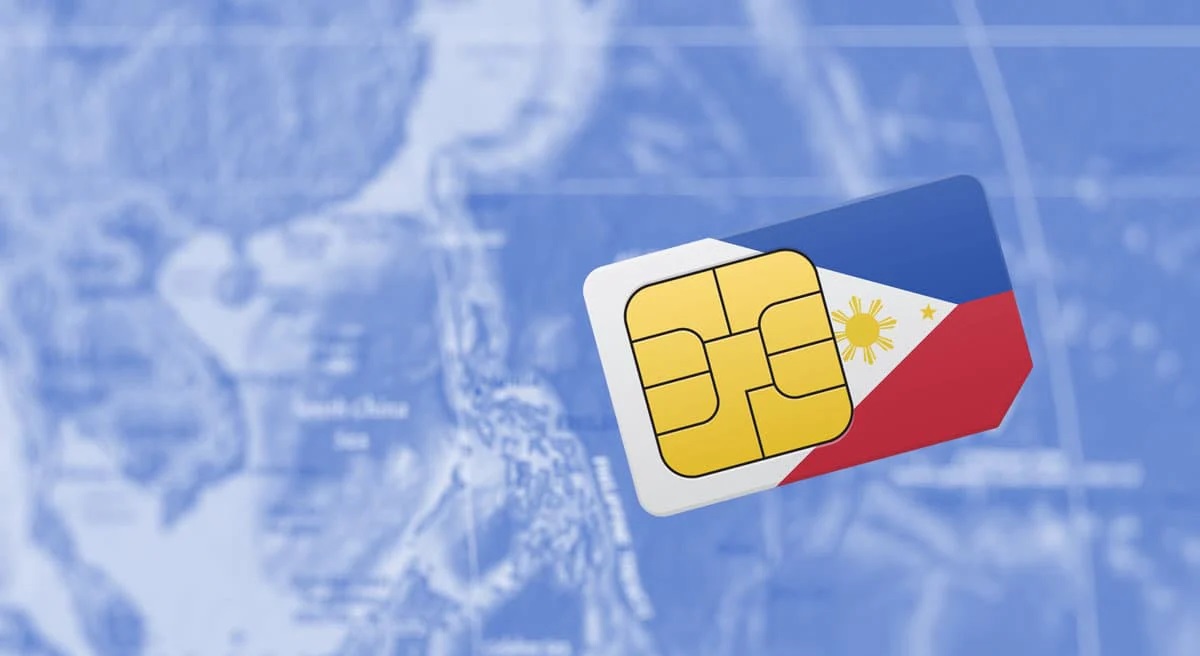Introduction
In the digital era, where mobile devices have become an indispensable part of our daily lives, the importance of SIM card registration cannot be overstated. The process of registering a SIM card is a crucial step in ensuring the security and accountability of mobile communication. It serves as a means to regulate the use of mobile services and to safeguard against illicit activities such as fraud, identity theft, and criminal behavior.
As technology continues to advance, the reliance on mobile devices for communication, banking, and accessing online services has grown exponentially. This reliance underscores the significance of implementing measures to protect the integrity and security of mobile networks. SIM card registration plays a pivotal role in this endeavor by enabling authorities to trace and monitor the ownership of mobile numbers, thereby deterring unlawful activities and enhancing public safety.
Moreover, in the event of a lost or stolen phone, registered SIM cards can be easily deactivated, preventing unauthorized usage and potential misuse of personal information. This proactive approach not only safeguards individuals from financial loss but also mitigates the risk of their personal data falling into the wrong hands.
In the Philippines, the National Telecommunications Commission (NTC) has mandated the registration of SIM cards to fortify the nation's telecommunications infrastructure and combat illegal activities. This initiative aligns with global efforts to promote responsible mobile usage and protect the interests of both consumers and service providers.
The subsequent sections of this article will delve into the intricacies of the SIM card registration process, the necessary documentation required for registration, and the repercussions of non-compliance. By gaining a comprehensive understanding of these aspects, individuals can navigate the registration process with ease and uphold their commitment to regulatory compliance.
Importance of SIM Card Registration
The importance of SIM card registration cannot be overstated in today's digital landscape. With the pervasive use of mobile devices for communication, financial transactions, and accessing online services, the need to regulate and secure mobile communications has become paramount. SIM card registration serves as a fundamental mechanism for achieving these objectives.
One of the primary reasons for SIM card registration is to enhance security and accountability in mobile communications. By linking a mobile number to a specific individual or entity, authorities can effectively trace and monitor the ownership of SIM cards. This capability is instrumental in deterring illicit activities such as fraud, identity theft, and criminal behavior, thereby bolstering public safety and consumer protection.
Moreover, in the event of a lost or stolen phone, registered SIM cards can be promptly deactivated, mitigating the risk of unauthorized usage and potential misuse of personal information. This proactive measure not only safeguards individuals from financial loss but also prevents their personal data from being exploited for nefarious purposes.
From a regulatory standpoint, SIM card registration enables telecommunications authorities to enforce compliance with industry standards and regulations. It empowers regulatory bodies to oversee the usage of mobile services, ensuring that they are utilized in a responsible and lawful manner. This level of oversight is crucial for maintaining the integrity of mobile networks and safeguarding against unauthorized or illegal activities.
Furthermore, SIM card registration supports the efforts of service providers to deliver personalized and secure mobile services to their customers. By accurately identifying and verifying the users of mobile numbers, service providers can tailor their offerings to meet the specific needs of their clientele while upholding the highest standards of data security and privacy.
In essence, SIM card registration is a linchpin in the broader framework of mobile security and regulatory compliance. Its significance extends beyond individual users to encompass the collective interests of society, telecommunications authorities, and service providers. By recognizing the importance of SIM card registration, individuals can actively contribute to the responsible and secure use of mobile communications, thereby fortifying the digital infrastructure of the modern world.
SIM Card Registration Process
The SIM card registration process entails a series of steps designed to verify the identity of individuals or entities seeking to activate a new SIM card or maintain an existing mobile number. In the Philippines, the National Telecommunications Commission (NTC) has mandated the registration of SIM cards to ensure the responsible and lawful use of mobile services. Understanding the intricacies of this process is essential for individuals who are acquiring new SIM cards or updating their existing registration details.
The process typically commences with the submission of the required identification documents to the authorized service provider or their accredited registration outlets. These documents serve as proof of identity and address, validating the applicant's eligibility to register a SIM card. Upon verification of the submitted documents, the service provider initiates the registration process, capturing essential details such as the applicant's full name, date of birth, address, and other pertinent information.
Subsequently, the applicant is required to provide their biometric information, such as fingerprints or a facial image, as part of the registration process. This biometric data serves as a secure means of identity authentication, enhancing the integrity of the registration process and minimizing the risk of fraudulent registrations.
Once the applicant's information and biometric data have been successfully recorded, the service provider proceeds to assign a mobile number and activate the SIM card. The registered mobile number is then linked to the applicant's verified identity, establishing a clear and accountable association between the SIM card and its rightful owner.
It is important to note that the SIM card registration process may vary slightly among different service providers, but the fundamental objective remains consistent – to validate the identity of SIM card owners and maintain accurate records of mobile number ownership. As such, individuals are advised to familiarize themselves with the specific registration requirements and procedures stipulated by their chosen service provider.
By adhering to the prescribed SIM card registration process, individuals contribute to the overarching goal of promoting responsible mobile usage and upholding regulatory compliance. This commitment to registration not only aligns with the regulatory mandates but also reinforces the collective efforts to fortify the security and integrity of mobile communications in the Philippines.
In summary, the SIM card registration process is a pivotal mechanism for establishing the legitimacy of mobile number ownership and fostering a secure and accountable mobile ecosystem. By engaging in this process conscientiously, individuals play an active role in advancing the objectives of regulatory compliance and responsible mobile communication practices.
Required Documents for SIM Card Registration
The SIM card registration process in the Philippines necessitates the submission of specific identification documents to facilitate the verification of the applicant's identity and address. These documents serve as crucial evidence to establish the eligibility of individuals or entities seeking to register a new SIM card or maintain an existing mobile number. Understanding the requisite documents is pivotal for ensuring a smooth and efficient registration process.
The primary document typically required for SIM card registration is a valid government-issued identification card. This may include, but is not limited to, the following:
-
Philippine National ID (PhilSys ID): The Philippine Identification System (PhilSys) ID, also known as the national ID, serves as a comprehensive proof of identity and is a fundamental document for SIM card registration.
-
Passport: For individuals who possess a passport, this document serves as a credible form of identification for SIM card registration, especially for foreigners residing in the Philippines.
-
Driver's License: A valid driver's license issued by the Land Transportation Office (LTO) is recognized as a legitimate identification document for SIM card registration.
-
Unified Multi-Purpose Identification (UMID) Card: The UMID card, issued by the Philippine Social Security System (SSS), serves as a multifunctional identification card and is accepted for SIM card registration.
In addition to the primary identification document, applicants are typically required to provide supplementary documents to validate their residential address. The following documents are commonly accepted as proof of address:
-
Utility Bills: Recent utility bills, such as electricity, water, or telecommunications bills, bearing the applicant's name and current address, are commonly utilized to verify residential address.
-
Barangay Certificate: A Barangay Certificate, attesting to the applicant's residency within a specific barangay, is often accepted as a supplementary document for SIM card registration.
-
Lease Agreement or Land Title: Individuals residing in leased properties can submit a lease agreement, while property owners may present a land title as evidence of their address.
It is important to note that the specific requirements for SIM card registration may vary depending on the policies and guidelines established by individual service providers. As such, individuals are advised to consult their chosen service provider or visit their accredited registration outlets to ascertain the precise documentation needed for the registration process.
By ensuring compliance with the stipulated document requirements, individuals can facilitate a seamless SIM card registration process, thereby contributing to the overarching objectives of regulatory compliance and responsible mobile communication practices in the Philippines.
Consequences of Non-Compliance
Failure to comply with the SIM card registration requirements in the Philippines can result in a range of adverse consequences, underscoring the critical importance of adhering to the regulatory mandates. The repercussions of non-compliance are multifaceted and can impact both individual users and service providers, highlighting the far-reaching implications of neglecting the registration obligations.
One of the immediate consequences of non-compliance is the potential deactivation of unregistered SIM cards. The National Telecommunications Commission (NTC) has the authority to enforce the deactivation of SIM cards that are not duly registered, thereby rendering them inoperable for mobile communication. This measure aims to compel individuals to adhere to the registration process and uphold the standards of regulatory compliance.
Moreover, non-compliance with SIM card registration requirements can lead to legal sanctions and penalties imposed on both individual users and service providers. Individuals found to be using unregistered SIM cards may face fines or legal repercussions, as their actions contravene the established regulations governing mobile communications. Similarly, service providers that fail to enforce the registration protocols or facilitate the use of unregistered SIM cards may be subject to regulatory sanctions, jeopardizing their operational licenses and reputation.
Beyond the immediate ramifications, non-compliance with SIM card registration poses broader risks to public safety and security. Unregistered SIM cards can be exploited for illicit activities, including fraudulent transactions, identity theft, and criminal communications. The anonymity afforded by unregistered SIM cards undermines the ability of authorities to trace and monitor mobile communications, potentially facilitating unlawful behavior and jeopardizing public welfare.
Furthermore, the failure to register SIM cards undermines the integrity and accountability of mobile networks, eroding consumer trust and confidence in the telecommunications ecosystem. This lack of accountability can impede efforts to combat spam, scam, and nuisance calls, as unregistered numbers evade scrutiny and oversight. Consequently, non-compliance perpetuates a climate of uncertainty and vulnerability in mobile communications, detrimentally impacting the overall user experience and security.
In essence, the consequences of non-compliance with SIM card registration requirements extend beyond individual penalties to encompass broader implications for public safety, regulatory adherence, and consumer trust. By recognizing the gravity of these consequences, individuals and service providers are incentivized to prioritize compliance with the registration mandates, thereby fostering a secure, accountable, and law-abiding mobile communications environment in the Philippines.
Conclusion
In conclusion, the process of SIM card registration in the Philippines is not merely a regulatory formality but a pivotal mechanism for fortifying the security, integrity, and accountability of mobile communications. By mandating the registration of SIM cards, the National Telecommunications Commission (NTC) has underscored the imperative of responsible mobile usage and regulatory compliance, aligning with global efforts to combat illicit activities and safeguard public welfare.
The significance of SIM card registration resonates across multiple dimensions, encompassing security, regulatory adherence, consumer protection, and the overall resilience of mobile networks. Through the stringent verification of identity and address, the registration process serves as a bulwark against fraudulent activities, identity theft, and criminal communications, thereby fostering a safer and more secure mobile ecosystem for all users.
Furthermore, the commitment to SIM card registration reflects a collective endeavor to uphold the highest standards of mobile communication, engendering trust, and confidence among consumers. By adhering to the registration requirements, individuals contribute to the overarching goal of promoting responsible mobile usage, while service providers can deliver personalized and secure mobile services that prioritize consumer privacy and data protection.
The consequences of non-compliance with SIM card registration requirements underscore the gravity of regulatory adherence and the far-reaching implications of neglecting the registration obligations. From potential deactivation of unregistered SIM cards to legal sanctions and risks to public safety, non-compliance poses multifaceted challenges that can compromise individual users, service providers, and the broader telecommunications landscape.
Therefore, it is imperative for individuals to familiarize themselves with the specific requirements for SIM card registration and ensure full compliance with the prescribed procedures. By doing so, they actively contribute to the collective efforts aimed at fortifying the security and accountability of mobile communications in the Philippines, thereby fostering a digital environment that prioritizes responsible usage and regulatory adherence.
In essence, SIM card registration is not merely a regulatory mandate but a cornerstone of a secure, accountable, and law-abiding mobile communications ecosystem. Its significance reverberates through the fabric of telecommunications, reinforcing the commitment to consumer protection, regulatory compliance, and the enduring integrity of mobile networks. By embracing the imperative of SIM card registration, individuals and service providers alike bolster the foundations of a digital infrastructure that prioritizes security, accountability, and responsible mobile usage.

























